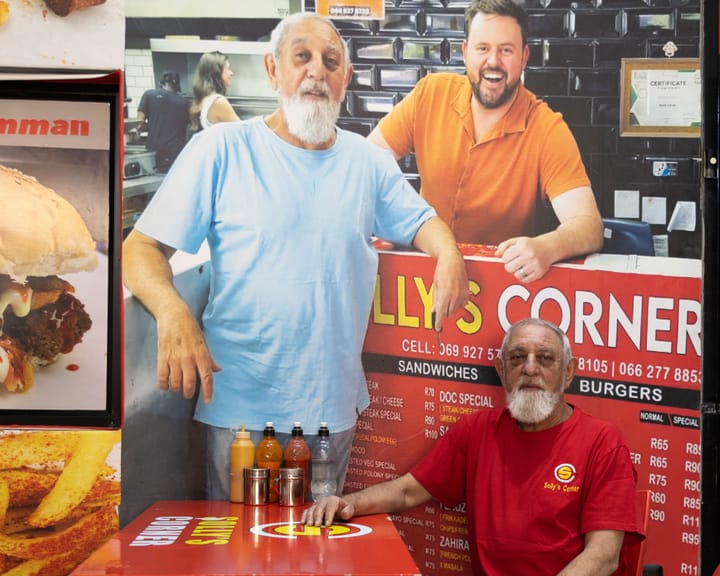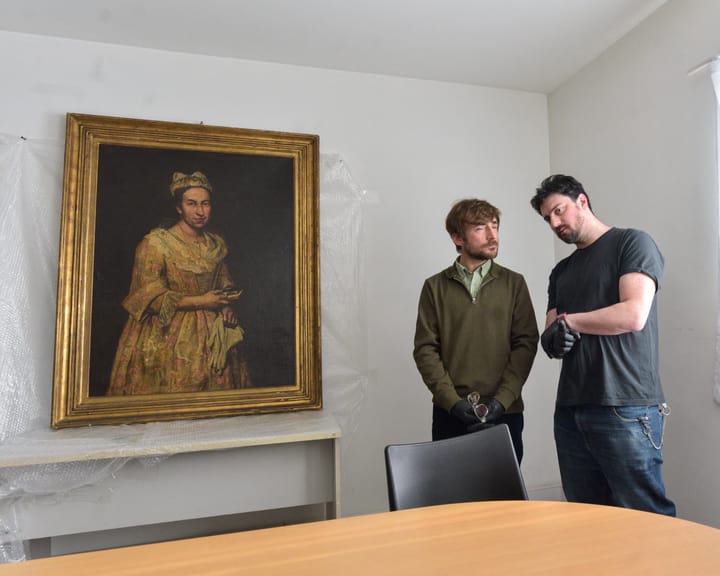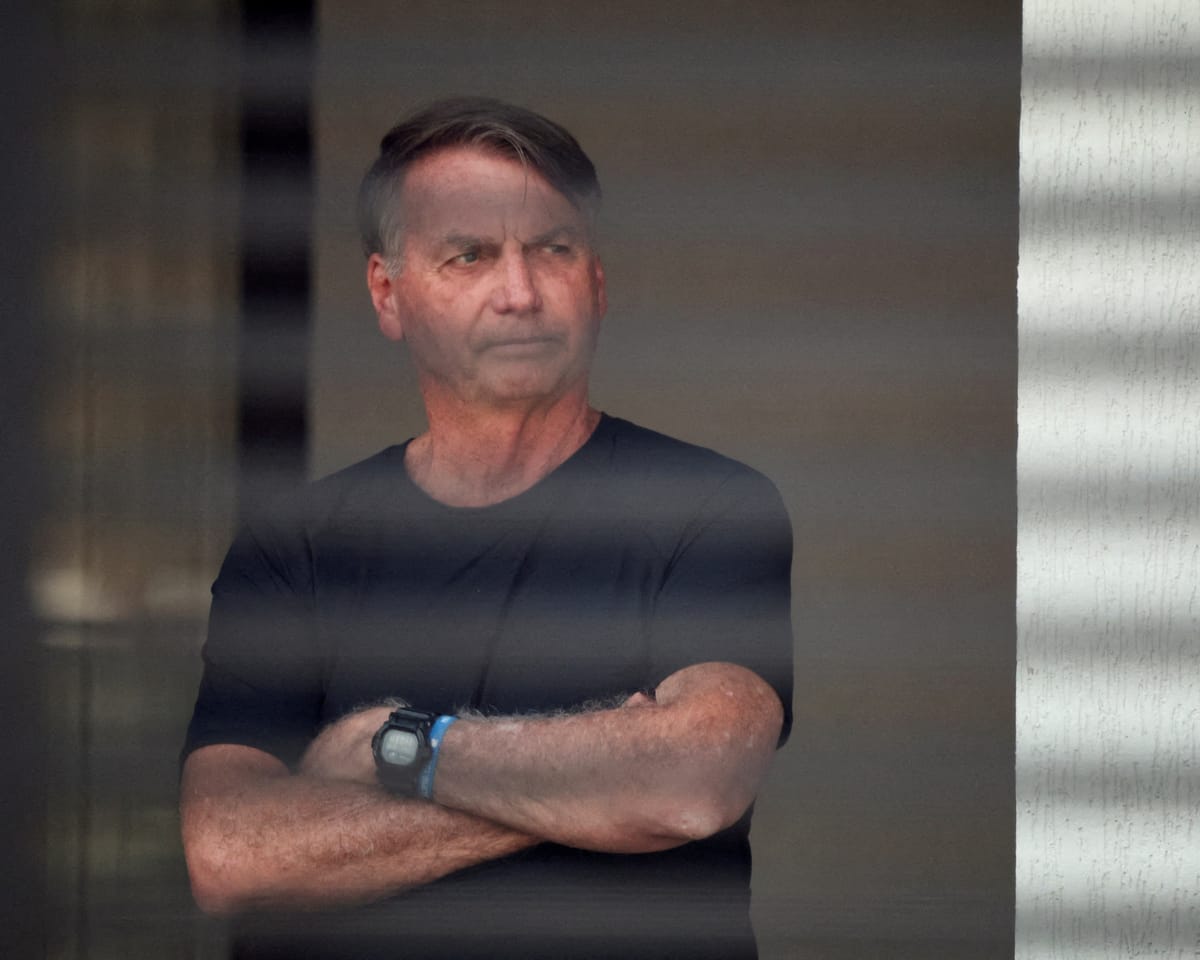Brazil's ex-president Jair Bolsonaro and seven associates, including four high-ranking military officials, are now on trial for allegedly planning to overthrow the government—marking the first instance in Brazil's history where such prominent figures face legal consequences for attempting to subvert democracy.
Bolsonaro, a former paratrooper who transitioned into far-right politics and led the country from 2019 to 2023, is accused of orchestrating an unsuccessful effort to cling to power after losing the 2022 election to leftist leader Luiz Inácio Lula da Silva.
If convicted, Bolsonaro and his alleged co-conspirators—among them three army generals and a former navy commander—could receive lengthy prison sentences for their roles in the failed scheme.
The Supreme Court started the trial on Tuesday, a process expected to last two weeks. Between September 2 and 12, five justices will determine their fate in a series of televised sessions.
Since becoming a republic in 1889 following the overthrow of its last emperor, Pedro II, Brazil has witnessed over a dozen attempted seizures of power. The last successful takeover occurred in 1964, when U.S.-backed generals ousted then-president João Goulart, citing a supposed communist threat, and imposed a 21-year military dictatorship.
However, historian Danilo Araújo Marques noted that this trial marks the first time top military leaders or a former president have been prosecuted for undermining democracy. "This is genuinely unprecedented and historic," said Marques, a researcher with the Projeto República group at the Federal University of Minas Gerais.
"In past coup attempts that failed, amnesty was granted—now we're seeing the opposite," Marques added, describing the trial as proof of Brazil's institutional resilience since democracy was reinstated in 1985. "This is a crucial test for our democracy, and it could emerge stronger."
As the trial began, Donald Trump, the U.S. president, attempted to interfere in what observers called an extraordinary effort to disrupt proceedings, straining relations between the two nations.
Claiming Bolsonaro was being unfairly targeted, Trump imposed steep tariffs on Brazilian imports and sanctioned the case's lead judge, Alexandre de Moraes. Other Supreme Court justices and officials in Lula's administration have had their U.S. visas revoked. Bolsonaro's son, congressman Eduardo Bolsonaro, relocated to the U.S. to rally support from Trump allies for his father's cause.
"This is political meddling backed by economic pressure," remarked Thomas Shannon, a former U.S. ambassador to Brazil, regarding Trump's tariff strategy.
Shannon suggested Trump's goal was clear: to derail the prosecution, revive Bolsonaro's diminished political prospects, and potentially enable the barred former leader to run against Lula in the next presidential election.
Read next

"TikTok star highlights political power of South Africa's unsung culinary treasures"
Solly’s Corner, a popular eatery in downtown Johannesburg, was busy. Pieces of hake and crisp fries crackled in the fryer, green chillies were chopped, and generous amounts of homemade sauce were spread onto filled sandwiches.
Broadcaster and food enthusiast Nick Hamman stepped behind the counter, where Yoonas and Mohammed

Nazi-looted 18th-century portrait found in Argentina after 80 years
There was nothing particularly unusual about the middle-aged couple living in the low, stone-covered villa on Calle Padre Cardiel, a quiet street in the tree-lined Parque Luro neighborhood of Mar del Plata, Argentina’s most well-known coastal city.
Patricia Kadgien, 58, was originally from Buenos Aires, roughly five hours north.

"An aristocrat hid her Jewish lover in a sofa bed amid daring acts of German resistance to the Nazis"
Resistance in the Shadows: Germans Who Defied the Nazis
Growing up, our home had a steadfast rule: nothing German was permitted. No appliances from German manufacturers in the kitchen, no cars from German automakers in the driveway. The decree came from my mother. She was not a survivor of the

